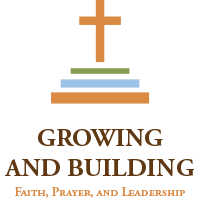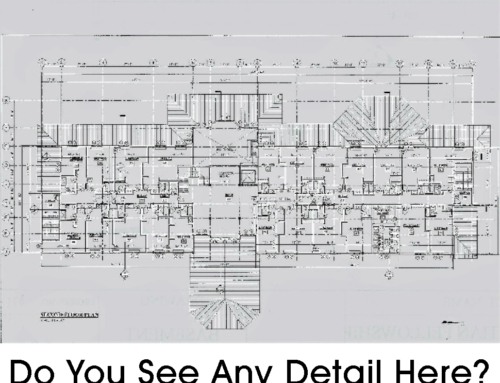If it wasn’t for people . . . leaders wouldn’t make decisions that hurt others.
Exercising leadership can be a tough business especially when you “the leader” must make decisions that sometimes hurt others. It might be a friend, a close member of your executive team, or a person with whom you’ve developed a long-time contractual relationship. But there are times when making the right decision for your people and your organization you must choose a path contrary to the interest of someone who has been a faithful team member. It becomes part of the “harder right” in decision making.
The situation that stands foremost in my mind is when I was involved in a large building project. I had to make a major decision that was driven by building cost and the bottom-line figure above which I was unable to go. We had chosen a design-to-build contract, a common methodology in the construction business. As the owner of record, I had to select a design consultant who would serve as an independent architect. His job would be to bring the conceptual design documents up to a level that would specify the “owner’s minimum requirements” and then turn that design over to a general contractor whose architects, engineers, and subcontractors would complete the design and build the building. This practice allowed independent supervision of the contractor’s design and construction while allowing him to finalize the detailed construction documents in a way that would meet the owner’s requirements. This optimized the construction process and minimized costs, so we thought.
Our architect/design consultant provided a very eloquent building design, unfortunately, the price was above our established cost ceiling and because of the economy, moving quickly to begin the building process also became important. Consequently, we began to look at options to simplify the building design and reduced cost. In this process, the building contractor with whom we had a relationship proposed that we change to a sole source, management-at-risk contract with a guaranteed maximum price. Construction could begin before that year’s end to take advantage of the low costs of both materials and labor. We changed to this contract methodology.
All this sounds logical and relatively easy except “If it wasn’t for people.” Our original design consultant had not only produced an artistic building design, but he had become a valued teammate. On both counts, this made for a tough personal decision, because for an architect, an eloquent building design is like a lovely painting; they just don’t change without heartbreak. And then there is the team part, we hated to terminate a contract with a person who had his heart in the project and whom we greatly admired. But in the end, this building was to serve a higher calling. It was part of the bedrock of our organization and building function and cost was critical to our overall purpose. A decision had to be made and we executed the contract termination provision with our original design consultant and this hurt everyone concerned.
I may be the worst business person in the world, but for me, contracts are more than a deal; they are a relationship and in the Lord’s economy relationships matter more because in the end, they may lead to eternal results. That doesn’t mean you make bad deals or lead your organization contrary to sound management practices, but it does mean that you conduct business relationships with the sense that there is a “greater good” involved. Tough decisions need to be made so the organization can fulfill its purpose, but they should also be made in a way that is sensitive and respectful towards the people, understanding that there is an eternal perspective, a “greater relationship,” especially if you are a follower of the ONE.
The “greater relationship” would hopefully be first with the Lord and next with other parties involved. This notion is within the context of Jesus’ two great commandments. “Love the Lord your God with all your heart and with all your soul and with all your mind . . . and love your neighbor as yourself.” (Matt: 22:37-39) Love God first, and then love your neighbor knowing that there will be an underlying relationship with those for you are responsible or with whom you do business. It is the “greater good,” integrating your faith and profession, but you’ll never do it right without the ONE.
For my complete set of Blogs, see Growingandbuilding.com/Blog-2/ and don’t forget to SHARE.





